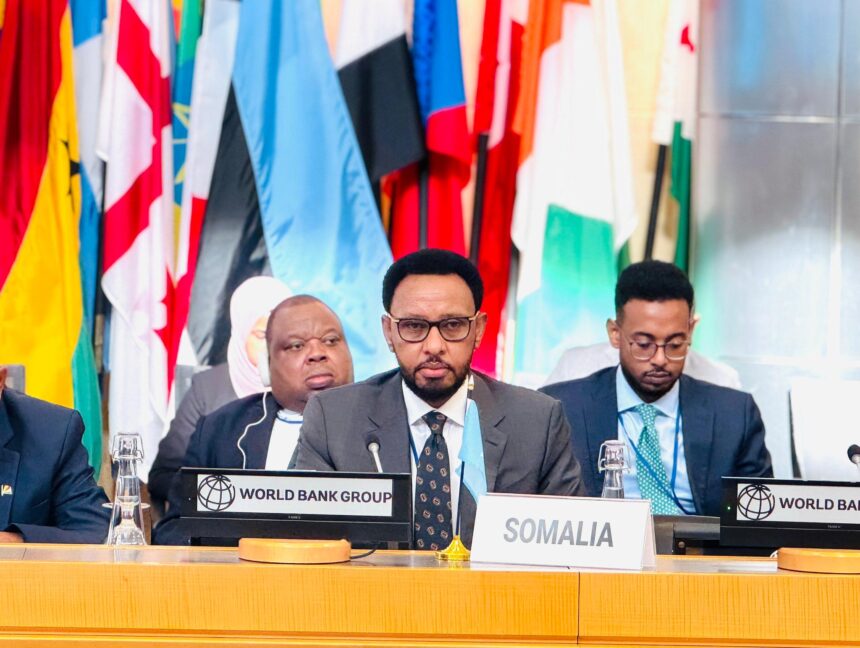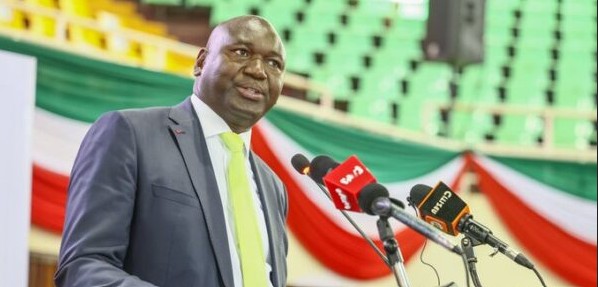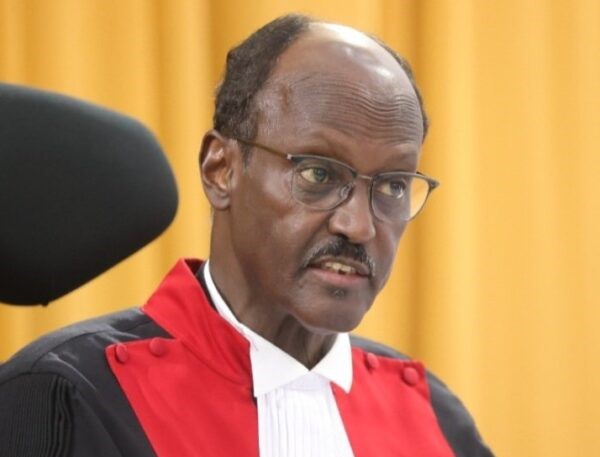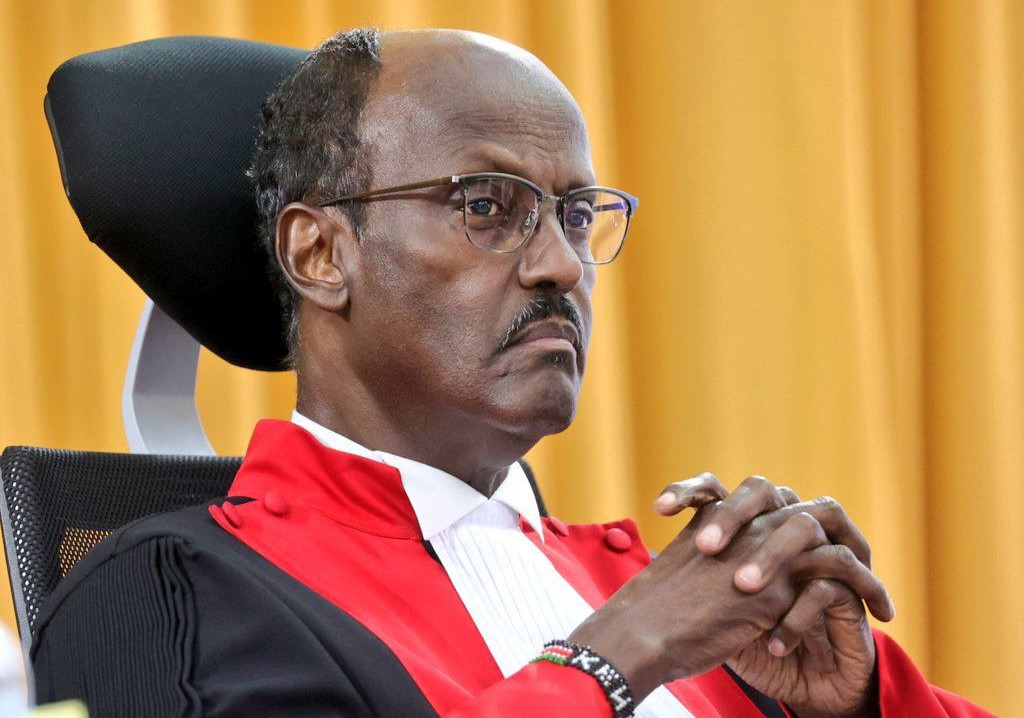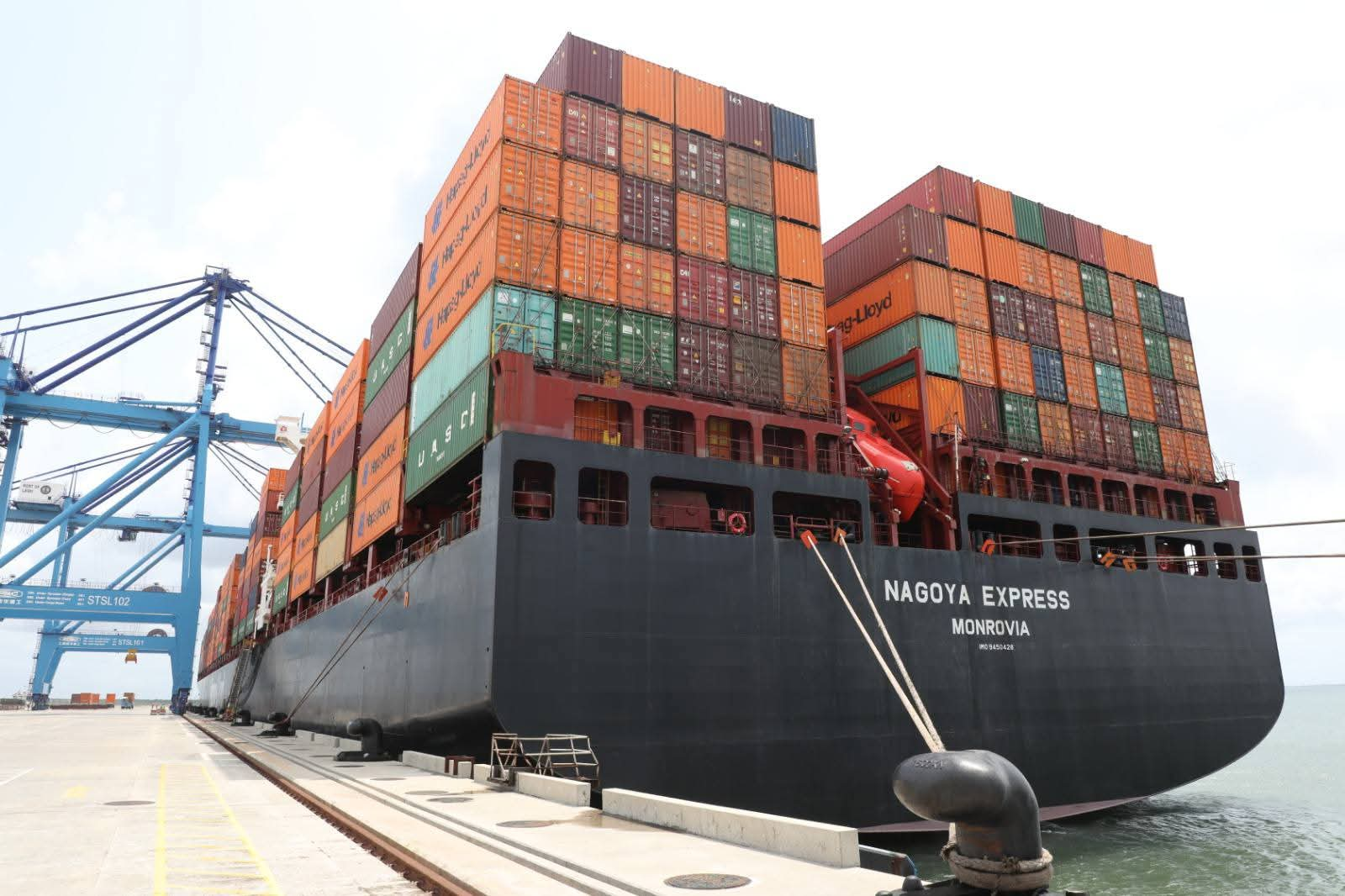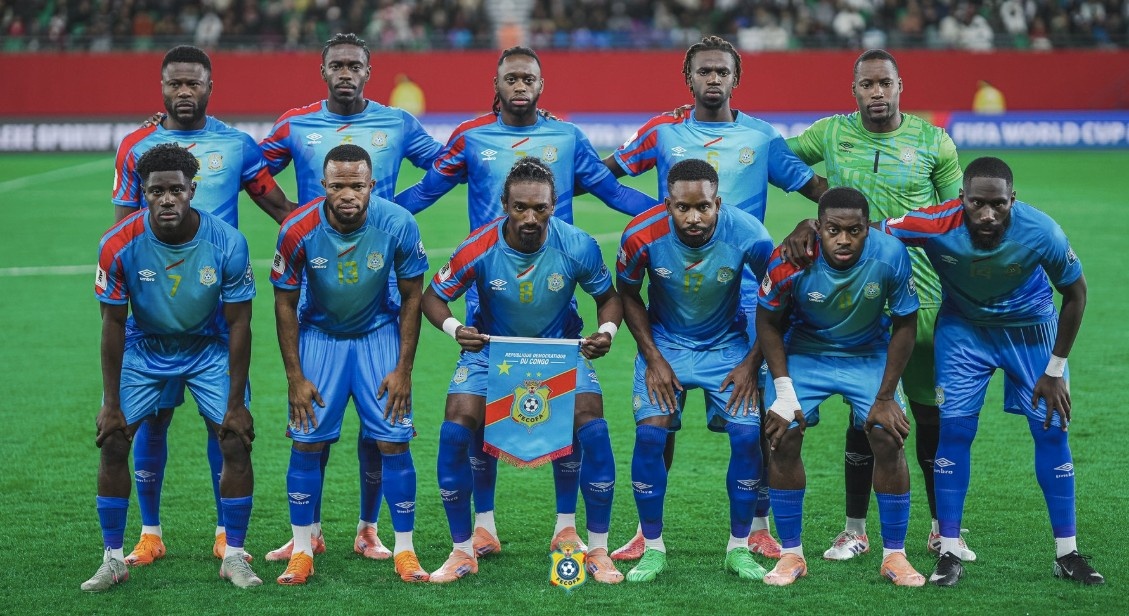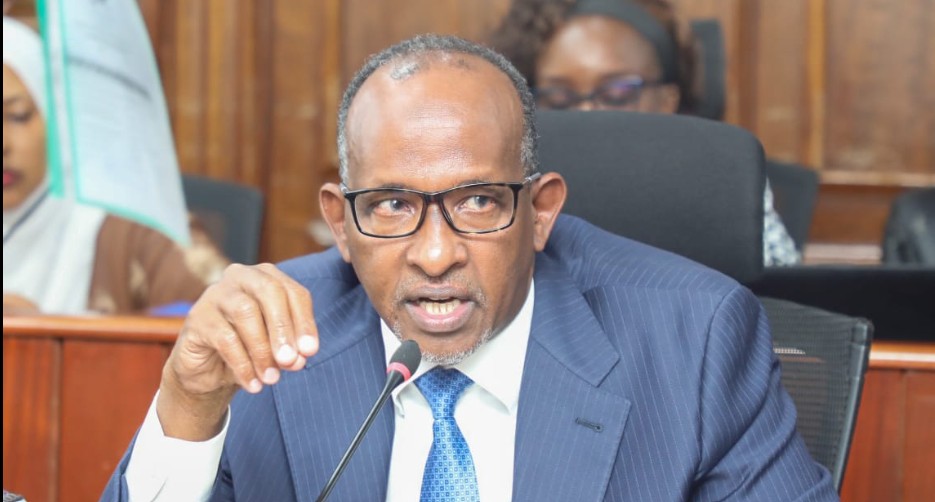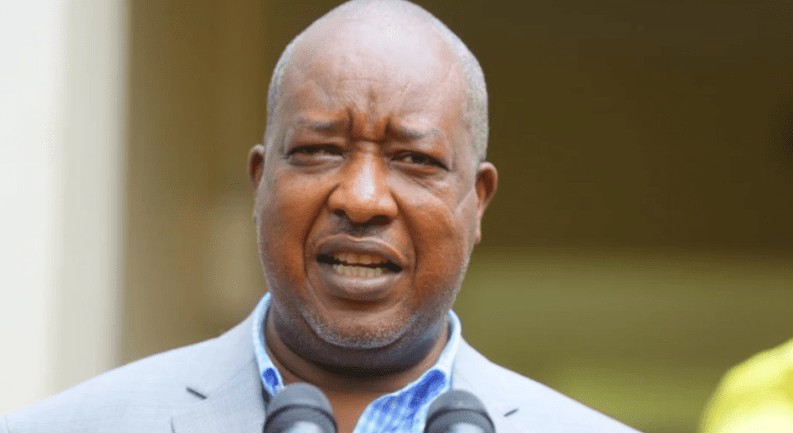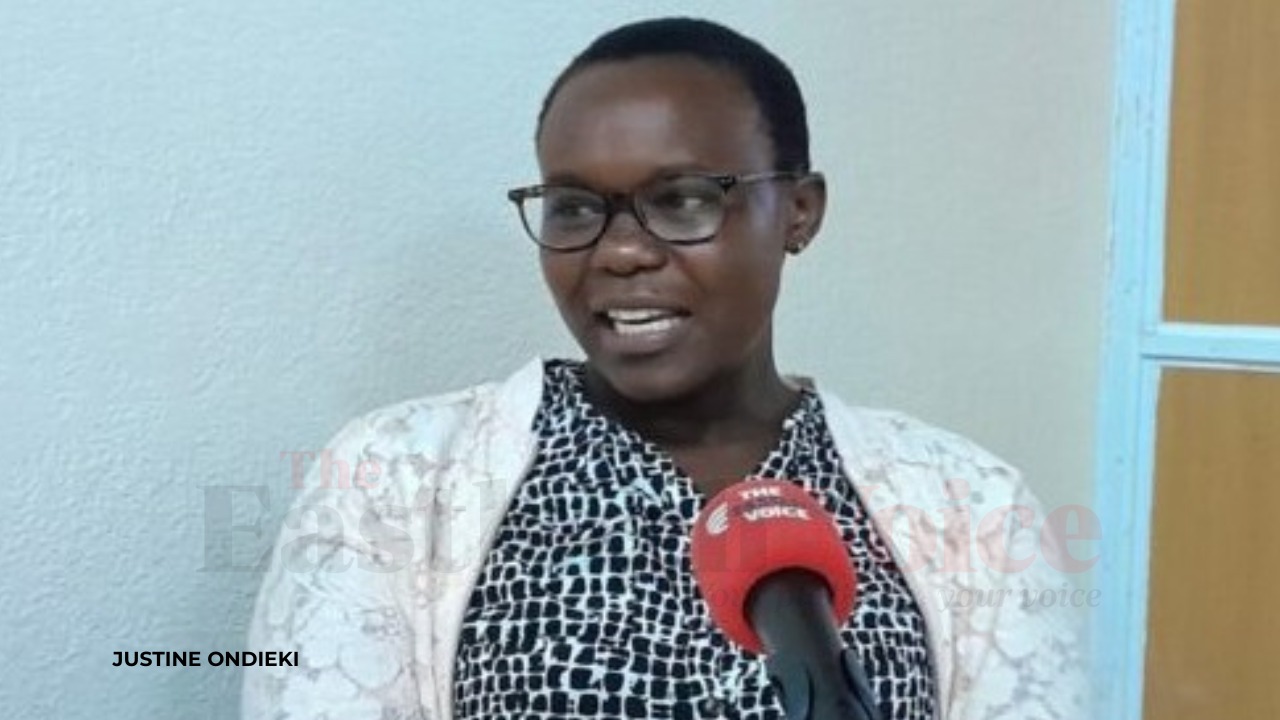From fish to forests: Women in Kenya’s Coast restore mangroves to combat climate change
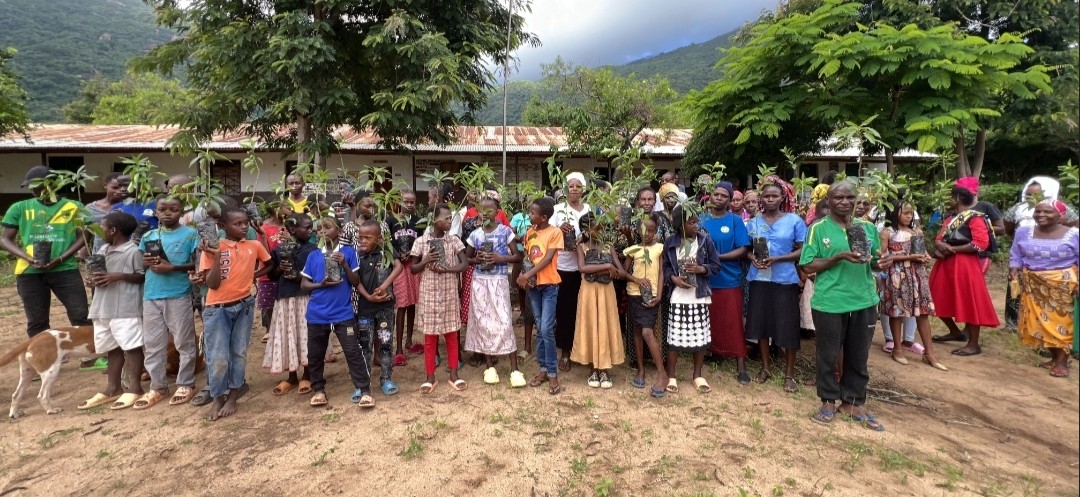
In Mkupe, a once-thriving fishing village near Mombasa, life has changed drastically as prolonged heatwaves, vanishing mangroves, and declining fish stocks reshape daily survival.
For generations, the women of the coast have risen before dawn, hauling fish to market, fetching water, and keeping households afloat.
But today, they are rising for something else, to defend their communities from the slow-burning crisis of climate change.
More To Read
- Climate funding falling short for East Africa’s vulnerable communities, IGAD warns
- DCI raids Mombasa graduation over fake degrees, six Menorah Training Institute officials arrested
- Millions of hectares are still being cut down every year. How can we protect global forests?
- COP30 delivers mixed results on climate action, WEF experts say
- Managing conflict between baboons and people: what’s worked - and what hasn’t
- Kenya, Sweden partner to curb billions lost in post-harvest food waste
In Mkupe, a once-thriving fishing village near Mombasa, the rhythms of life have changed drastically. Heatwaves have grown longer, mangrove forests have vanished, and the ocean no longer provides as it once did.
“We used to get plenty of fish. But after the mangroves were cleared, everything changed. There were days we would go home with nothing,” said MeAli Said, one of the local women.
Like many others along the coast, MeAli watched her livelihood vanish as the sea grew increasingly barren.
The widespread destruction of mangroves—cleared for construction or lost to infrastructure projects like the Dongo Kundu bypass—devastated vital fish breeding grounds.
With dwindling catches and nothing to sell, fishing families sank deeper into poverty.
Taking action
Yet amid the loss, coastal women began to take action.
Through Wild Heart Kenya—a women-led grassroots organisation founded in 2017—residents like MeAli, Mariam Dilo, Ali Benji, and Salma Juma are at the forefront of efforts to restore the environment and safeguard their way of life.
The organisation champions practical, community-led solutions to the climate crisis, placing women at the heart of change.
“Women are more vulnerable and face the harsh impacts of climate change, from social changes, women face a lot of difficulties during disasters, either flood or drought, hence we focused more in empowering women, youths and children in our work, we empower women in leadership roles as well as support their initiatives aimed at benefiting both the environment and promote social-economic empowerment,” said Husna Khan, programme manager at Wild Heart Kenya.
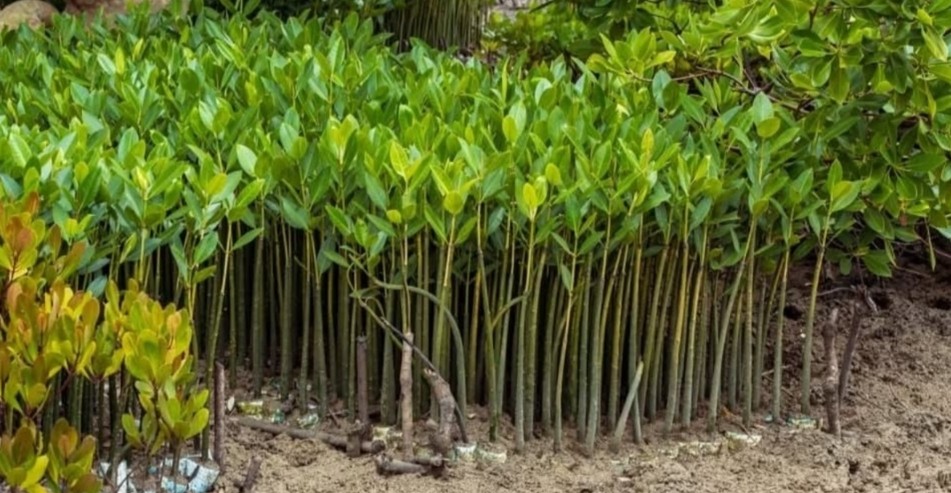 Some of the mangrove trees planted by the locals with the support of Wild Heart Kenya. (Photo: Farhiya Huseein)
Some of the mangrove trees planted by the locals with the support of Wild Heart Kenya. (Photo: Farhiya Huseein)
In the Mkupe area, Wild Heart Kenya spearheads mangrove restoration efforts, replanting deforested shorelines, raising awareness, and supporting the local economy by buying mangrove seedlings directly from residents.
“Mkupe is largely a fishing community that has faced drastic changes in its wetlands,” said Husna.
“Mangroves were cut down by some community members—unaware of their ecological importance—for building Swahili-style house roofs, while large-scale clearing also occurred due to urban development projects like the Dongo Kundu bridge.
"These actions severely disrupted fish breeding areas, reducing catches to as little as one kilogramme. Families were left with a difficult choice: sell the small catch or feed their children. This had a serious impact on their socio-economic wellbeing.”
Stabilising the coastline
The restored mangrove cover has helped stabilise the coastline and created new fish breeding grounds.
“Now we are seeing a change. The fish are coming back. The water is cleaner. And we earn something when we sell seedlings for planting,” said Mariam Dilo.
The work isn’t limited to Mkupe.
In Taita Taveta's Ndome village, the organisation leads tree-planting campaigns focusing on indigenous and fruit-bearing trees to combat land degradation and restore green cover.
“Having fruit trees to promote healthy communities, as over the years drought affected their source of nutrients, and it is expensive to buy fruits from the neighbouring community, and some come from Tanzania,” noted Husna.
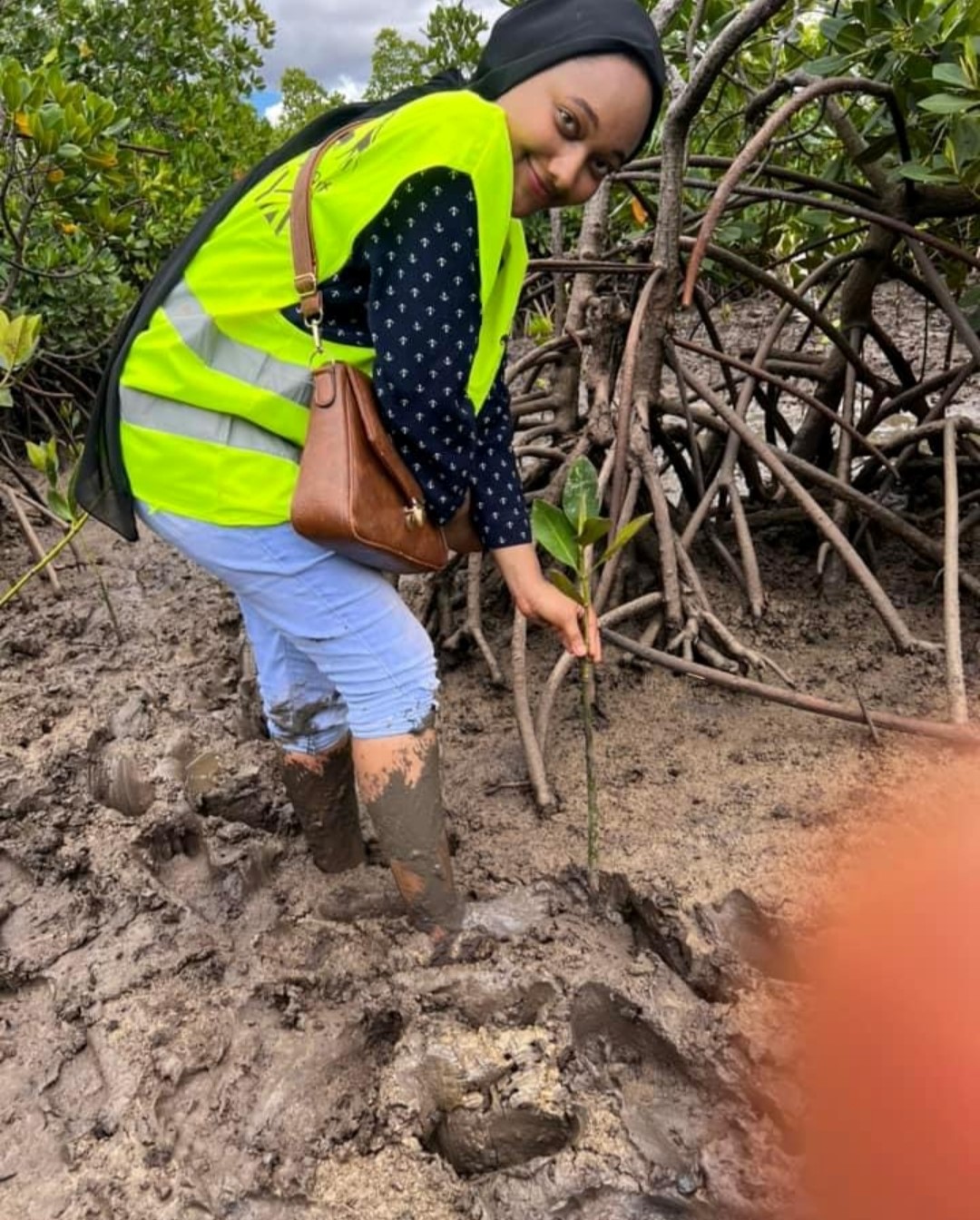 Husna Khan, the programme manager at Wild Heart Kenya. (Photo: Farhiya Huseein)
Husna Khan, the programme manager at Wild Heart Kenya. (Photo: Farhiya Huseein)
At Ndome Primary School, the project has drawn participation from farmers and local households. Children and community members get educated on tree conservation.
“The trees we have planted have helped with soil erosion, and people are now growing fruits that used to be too expensive or unavailable,” said Ali Benji, a local.
Period poverty
Beyond restoration, Wild Heart Kenya also tackles period poverty and an often-overlooked impact of poverty exacerbated by climate stress.
In many rural areas, women and girls lack access to affordable sanitary products, forcing them to miss work or withdraw from public life.
“Too many girls and women in our coastal and rural communities still lack access to safe, hygienic menstrual products and information due to poverty,” said Husna.
“As a result, girls often miss school during their periods, which holds them back academically and economically, fuelling gender inequality. This monthly setback contributes to a cycle of poverty that is deeply connected to the very systems we’re challenging through our climate and social justice work, because we believe that community resilience begins with women and girls.”
However, through WHK initiatives, they noted to have seen socio-economic impact from the community as through the purchase of mangrove seedlings, the community earns, and it is a financial boost to cater for their needs.
“The planting of mangroves has led to an increase in mangrove cover and an increase in fish breeding sites, the community experiences an increase in fish quantity production, therefore boosting their income and improving their lives,” said Husna.
The organisation also runs climate education sessions in villages and rural schools, helping communities understand how human activity contributes to climate change and what can be done to adapt.
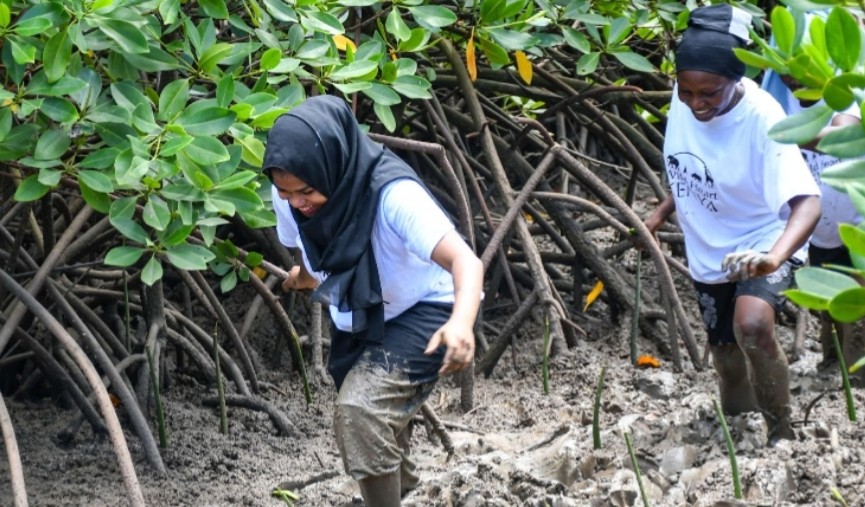 The restored mangrove cover has helped stabilise the coastline and created new fish breeding grounds. (Photo: Farhiya Huseein)
The restored mangrove cover has helped stabilise the coastline and created new fish breeding grounds. (Photo: Farhiya Huseein)
Irregular funding
Still, Khan says the work is hindered by irregular funding and a lack of policy support.
Local climate finance, she adds, remains largely dormant, and access to county-level resources is hampered by red tape and low political will.
“Wild Heart Kenya does not have a fixed source of funding to implement its projects and instead relies on applying for grants, which are not guaranteed,” she said. “There are also significant policy gaps within the government — for instance, county climate funds remain largely dormant.”
She added that the organisation depends on partnerships and support from financial institutions to sustain restoration initiatives such as tree planting, mangrove rehabilitation, and beekeeping.
Despite this, the community continues to push forward.
“Before, we did not know where to begin. Now we are the ones teaching others. We are not waiting anymore, we are rebuilding,” said Salma Juma, 23 years old.
Top Stories Today

